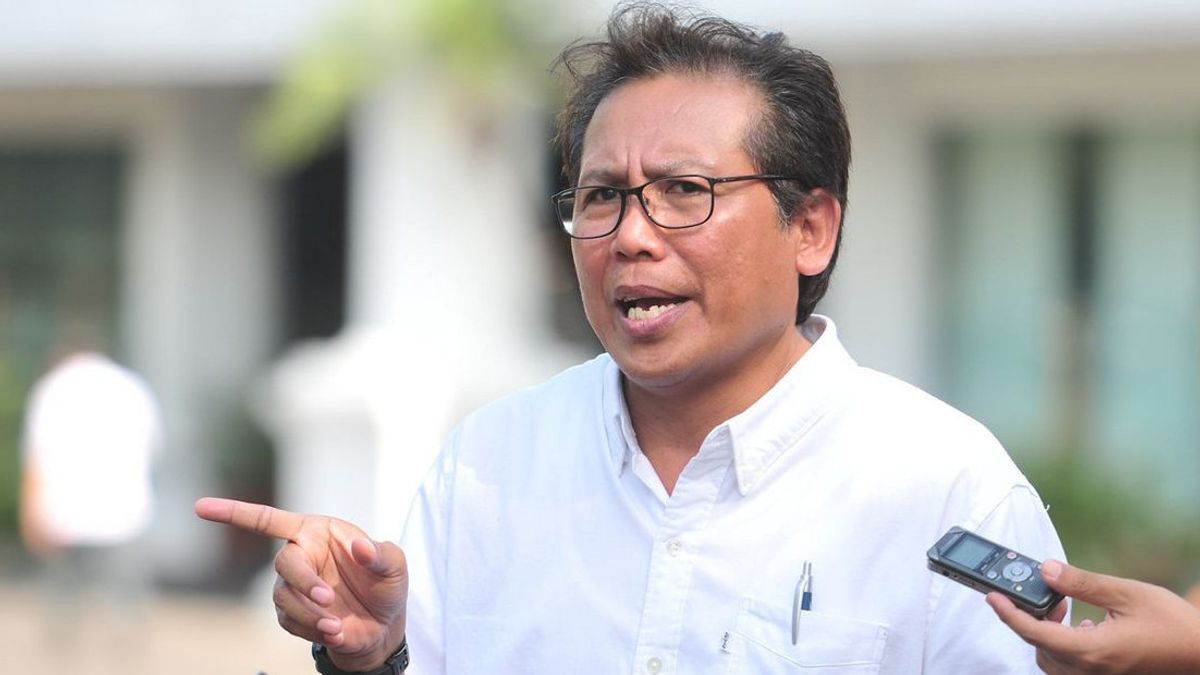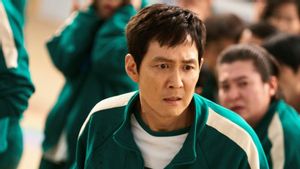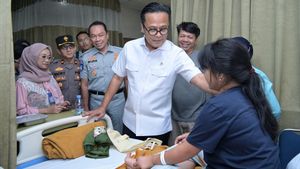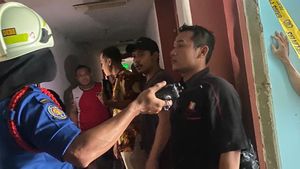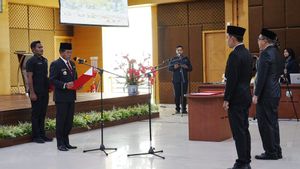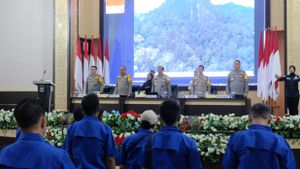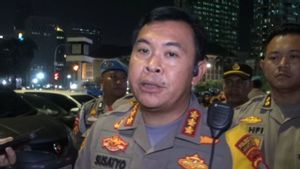JAKARTA - The Presidential Special Staff for Communications, Fadjroel Rachman, spoke in response to questions from various parties regarding the criticism submitted to the government of President Joko Widodo.
Fadjroel said, criticism is the heart of the progress of democracy, science and technology as well as society.
"In response to various media questions and a number of public statements, we need to re-emphasize that the 1998 reform struggle was a struggle to emphasize that criticism is at the heart of the progress of democracy, science, technology and society," said Fadjroel in a press release in Jakarta, Antara, Monday, 2 August.
Indonesia places criticism at the heart of the 1945 Constitution of the Republic of Indonesia, particularly Article 28, which states that the freedom of association and assembly, expressing thoughts orally and in writing and so on are stipulated by law.
However, he stressed that the implementation of the constitutional rights of every Indonesian citizen according to the 1945 Constitution of the Republic of Indonesia must pay attention to Article 28J.
Article 28J states that in exercising their rights and freedoms, everyone is obliged to comply with the restrictions established by law for the sole purpose of guaranteeing recognition and respect for the rights and freedoms of others and to fulfill fair demands in accordance with moral considerations. religious values, security, and public order in a democratic society.
In democratic traditions and values, he said, criticism is an effort to create equal dialogue and reciprocal communication between actors in a democratic country, namely civil society, non-state actors, such as the media, mass organizations, student organizations, and NGOs, political communities. , the economic community, the bureaucracy/government, and the legal apparatus.
"The way criticism works is to try to form an equal relationship between actors based on reciprocal communication or intersubjective communication which has implications for the discovery of the common good or common objective. The practice of criticism that follows the rules of science and technology and democracy will not use violent communication such as stigma, slander, insults, and bullying. ," he said.
According to him, violent communication will hinder the process of establishing reciprocal and equal communication. On the other hand, it will encourage the formation of a circle of violence (spiral of violence), namely a condition characterized by practices that only aim to bring down and destroy each other (zero sum game).
At the same time, said Fadjroel, Indonesian democracy is a meeting between various global values and Indonesian values. Every practice of freedom of criticism needs to be based on the order of Indonesian social values which are supported by the values of mutual respect, politeness, manners, tolerance and mutual cooperation.
"The president said that our country is a democracy, so criticism is okay. But also remember that we have a culture of etiquette, we have a culture of politeness," said Fadjroel.
Fadjroel said that President Joko Widodo had set an example in efforts to build reciprocal communication in an Indonesian democracy with a narrative of freedom in the order of Indonesian social values. Therefore, the President stays away from the practice of stigma, bullying, slander, and anti-tolerance.
"Actors of a democratic country who practice freedom of criticism in the narrative of Indonesian social values will create reciprocal communication, namely conditions that are more likely to create various solutions to the nation's collective problems for the welfare and intellectual life of the nation," he said.
He sees the need for all democratic state actors to emulate the practice of democratic freedom based on Indonesian social values exemplified by President Joko Widodo and become a tradition in Indonesian culture and a tradition of critical thinking in the advancement of science and technology.
"Long live the struggle for Pancasila democracy. In 76 years of independence, we believe Indonesia is tough, Indonesia grows. We believe Indonesia is advanced," said Fadjroel.
The English, Chinese, Japanese, Arabic, and French versions are automatically generated by the AI. So there may still be inaccuracies in translating, please always see Indonesian as our main language. (system supported by DigitalSiber.id)
